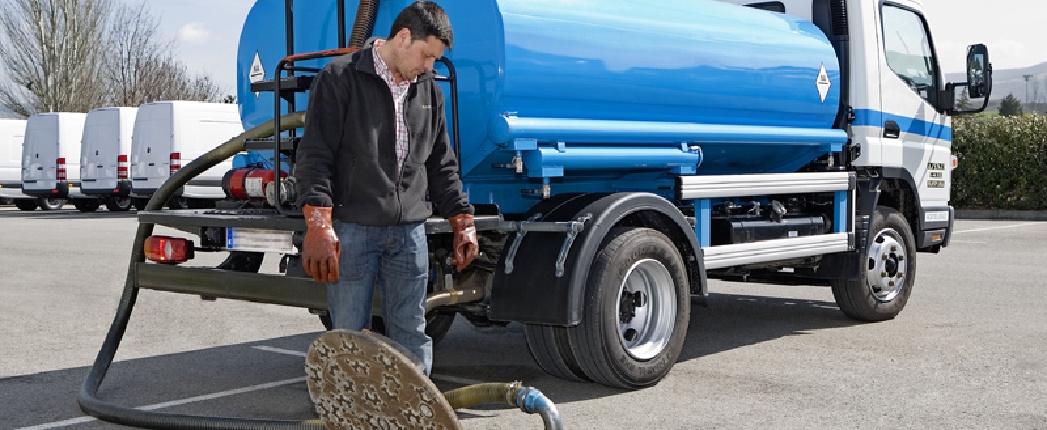
Spain in 2022 once again rerefined more than three-quarters of its collected used oil back into base stocks, according to the non-profit organization charged with managing waste lubes.
That was well above the 65% mandated minimum.
Sigaus reported that the collection system it manages gathered 129,509 metric tons of used lubes last year. That would represent 39% of the 322,000 tons of finished lubricants consumed in the country, according to a March report by the Spain Lubricant Association. Sigaus said its members, which produce most of the lubes manufactured domestically, sold 288,770 tons of lubes in 2022. Of the 129,509 tons, 79% was “regenerated” into new finished lubes.
The organization said the same percentage of collected used oil was recycled in 2022.
Sigaus said that used oil that could not be used for regeneration treatment – amounting to 27,054 tons – was used for energy recovery to obtain an industrial fuel similar to fuel oil, which is widely used in cement and paper factors and other types of industrial facilities.
Spanish law requires that at least 65% of collected used oil be recycled. Most of the oil that is recycled gets processed at one of the country’s rerefineries.
Sigaus had 248 members at the end of 2022, one less than a year earlier. Of the 288,770 tons of lubes sold by those companies, 57% was sold into the automotive segment and the rest into industrial settings and other consumer sectors of the products. About 70% of the total was manufactured in Spain, and the remainder was imported, Sigaus said in a press release about its 2022 Report to Public Administrations, which informs the government’s public administration bodies about the management of used industrial oil and compliance with environmental goals established by a royal decree.
Sigaus’ waste oil system involves more than 160 companies collecting and transporting material from more than 67,000 establishments across nearly 4,800 municipalities.